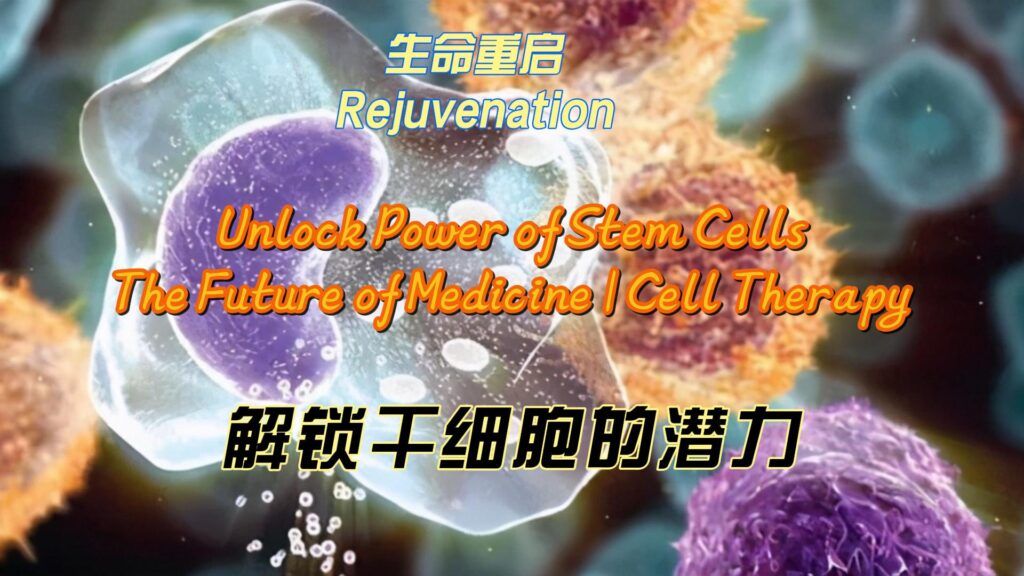
Unlocking the Power of Stem Cells
Unlocking the Power of Stem Cells: The Future of Medicine | Cell Therapy Explained
Welcome back to our channel, where we dive into the latest breakthroughs in healthcare and science! Today, we’re exploring a groundbreaking field that’s reshaping the future of medicine—stem cell and cell therapy.
SECTION 1: What Are Stem Cells?
First, let’s start with the basics. What exactly are stem cells? Stem cells are the building blocks of life. These incredible cells have the unique ability to develop into many different cell types in the body—from muscle cells to brain cells. They can even repair and replace damaged tissues.
SECTION 2: Types of Stem Cells
There are two main types of stem cells: embryonic stem cells, which can become any cell type in the body, and adult stem cells, found in organs like bone marrow, which help repair damaged tissues.
SECTION 3: What is Cell Therapy?
Cell therapy takes this concept further. It involves using live cells to treat or prevent diseases. These cells can be injected, grafted, or implanted into a patient’s body, where they either replace damaged cells or trigger healing processes. The most well-known example is stem cell therapy, which is being explored to treat everything from joint injuries to heart disease.
SECTION 4: Current Applications of Stem Cell Therapy
Right now, stem cell therapy is making huge strides in several areas. For example, doctors are using it to treat blood disorders like leukemia through bone marrow transplants. In sports medicine, athletes are using stem cells to regenerate damaged tissues in their knees, hips, and shoulders. And researchers are even looking into how stem cells can treat neurodegenerative diseases like Parkinson’s and Alzheimer’s.
ECTION 5: The Future of Cell Therapy
But this is just the beginning! Scientists are pushing the boundaries, exploring how stem cells could one day be used to grow new organs, repair spinal cord injuries, or even reverse aging-related diseases.
SECTION 6: Challenges and Ethical Considerations
Of course, with this exciting potential, there are also challenges. Stem cell research raises ethical questions, especially when it comes to using embryonic stem cells. And while therapies are promising, they’re still in early stages for many conditions, with lots of research needed to ensure safety and effectiveness.
OUTRO
The future of medicine is here, and stem cells are leading the charge. Whether it’s treating disease, regenerating tissues, or even creating entirely new organs, the possibilities are endless. If you found this video insightful, be sure to give it a thumbs up, share it with your friends, and subscribe for more content on the future of healthcare!
Thanks for watching, and we’ll see you in the next video!
